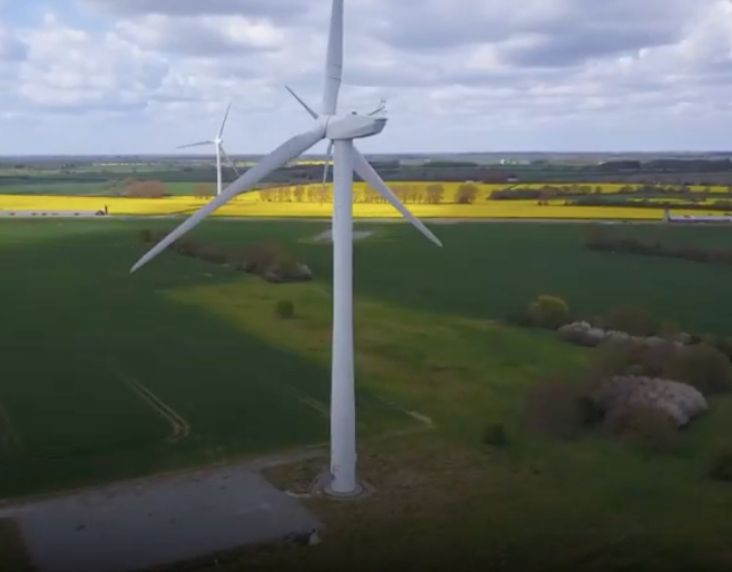One of the most notable shifts in the automotive industry over the past few years has been the move towards direct-to-consumer (D2C) sales. In the past, car buyers relied on dealerships to purchase their vehicles, but new sales models have emerged as technology has advanced and consumer preferences have changed.
Understanding Direct-to-Consumer (D2C) in the Automotive Industry
D2C sales refer to the process by which manufacturers sell their products directly to consumers, as opposed to through intermediaries such as dealerships. In the automotive industry, this indicates that automakers sell their vehicles directly to consumers via online platforms, company-owned stores, or a hybrid model involving dealers as partners.
Why D2C is a Game Changer
A desire for a more streamlined and efficient purchasing process is one of the primary drivers of direct-to-consumer sales in the automotive industry. Multiple visits to a dealership, negotiating with sales representatives, trusting dealers with the correct price/vehicle stock, and potentially dealing with financing and trade-in options are all components of the conventional car-buying process. This process is time-consuming and frustrating for many consumers, resulting in a desire for a simpler, more transparent purchasing experience.
Benefits of the D2C Business Model
D2C sales offer advantages to manufacturers as well. By selling directly to consumers, manufacturers can capture a larger portion of the value chain and avoid profit-sharing with dealerships. This can result in increased profit margins and enhanced control over the sales process and customer data. It also solves a very paradoxical problem of mass customization by providing possibility of personalization. Some of the other major benefits are enlisted below:
|
Revenue |
Experience |
Cost Reduction |
|
|
|
Stakeholders Role in the D2C Journey
With the changing dynamics of car buying changes the role of the stakeholders in the customer journey. The OEMs will do most of the work in order fulfilment and cancellation. Dealerships will still play a key role in product demo and customer interactions wherever required.
The following table highlights the new role of the stakeholders in direct-to-consumer journey
|
|
Customer |
OEM |
Dealer |
|
Imagine |
|
|
|
|
Interact |
|
|
|
|
Fulfil |
|
|
|
Implementing D2C Strategy in the Automotive Industry
There are several models for direct-to-consumer sales in the automotive industry. Manufacturers could create their own online sales platforms where customers can browse and purchase vehicles. Another alternative is to establish company-owned retail locations, where customers can interact with vehicles in person and receive assistance from company representatives.
Many original equipment manufacturers prefer to establish a hybrid model in which customers can purchase vehicles at the dealership or online. In this scenario, the dealer receives customer orders, but the original equipment manufacturer (OEM) is responsible for fulfilment. Similarly, in a hybrid mode, customers do not pay the dealer but rather the OEM directly. The dealer's showroom will serve as a location for vehicle test drives and other product demonstrations. The dealer will not keep any inventory of vehicles other than demonstration vehicles, thereby reducing infrastructure costs significantly.
Tesla is perhaps the most well-known example of an automotive company that has embraced direct-to-consumer sales. Tesla operates its own stores and online platform, enabling customers to purchase vehicles from the company directly. Additionally, other major OEMs in the US and Europe have experimented with D2C sales.
The Challenges of Running a D2C Business
D2C sales provide multiple benefits, but there are also some challenges to keep in mind. The regulatory environment is one of the chief obstacles. Many US states prohibit manufacturers from selling vehicles directly to consumers, for instance. Frequently, these laws exist to protect dealerships, which can be significant economic contributors.
Another difficulty is that manufacturers must invest in infrastructure and technology to support direct-to-consumer sales. This can include the development of online platforms, the opening of retail locations, and the training of customer service representatives.
Embracing D2C in the Automotive Industry
D2C sales are a significant trend within the automotive industry. Although there are challenges to consider, the benefits of direct-to-consumer sales are evident for both manufacturers and consumers. As technology advances and consumer preferences change, it is likely that more manufacturers will adopt this sales model in the coming years.
About the Author:
Ashutosh Shukla
Automotive Business Consultant - Customer Experience and AfterSales
Ashutosh has over 12 years of experience working with major automotive OEMs and IT Companies. His expertise lies in helping automotive companies optimize their sales and marketing strategies to increase revenue and profitability. He has a deep understanding of the industry, including auto market trends, dealer operations, electric vehicle dynamics, customer buying behavior, shared mobility space and After-sales operations.
Ashutosh's extensive knowledge of the automotive industry has been recognized by leading industry leaders and organizations. He is a sought-after speaker and has presented at conferences and events.
Ashutosh has a bachelor’s degree in computer science and is pursuing his master's degree from IIM-Kozhikode.





